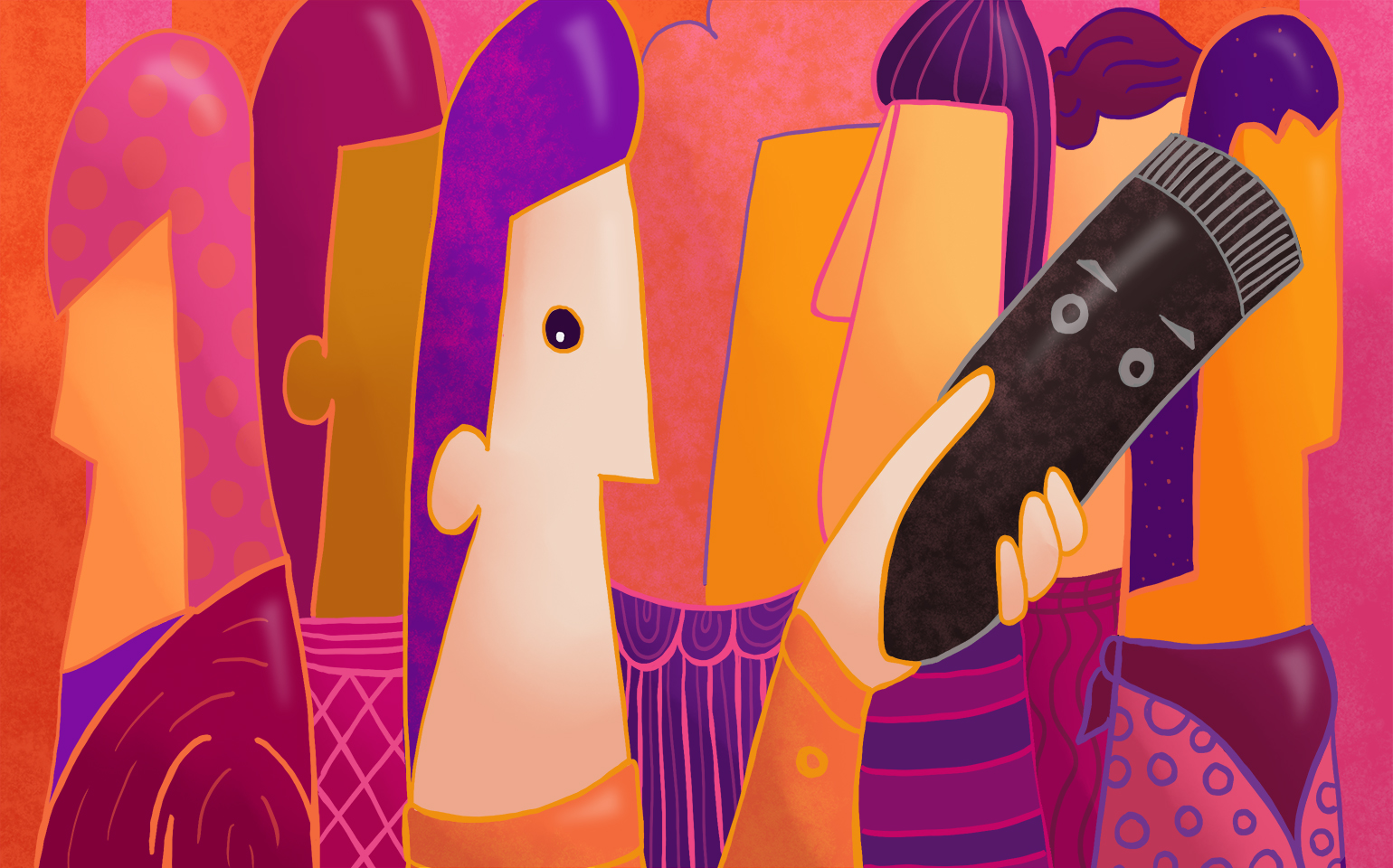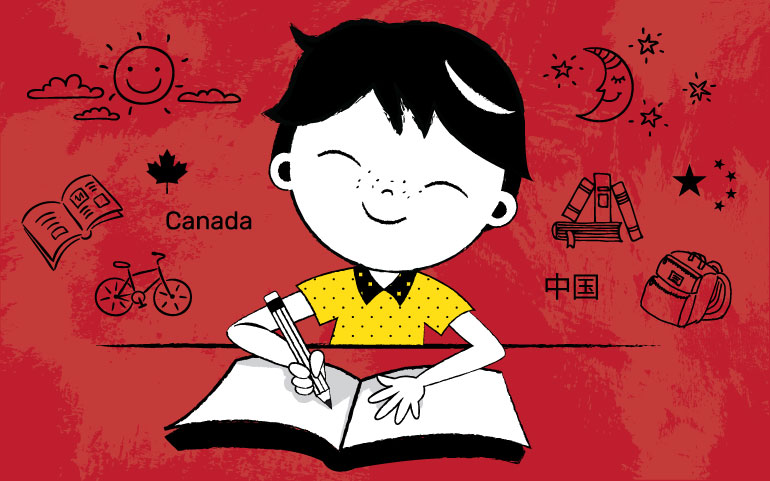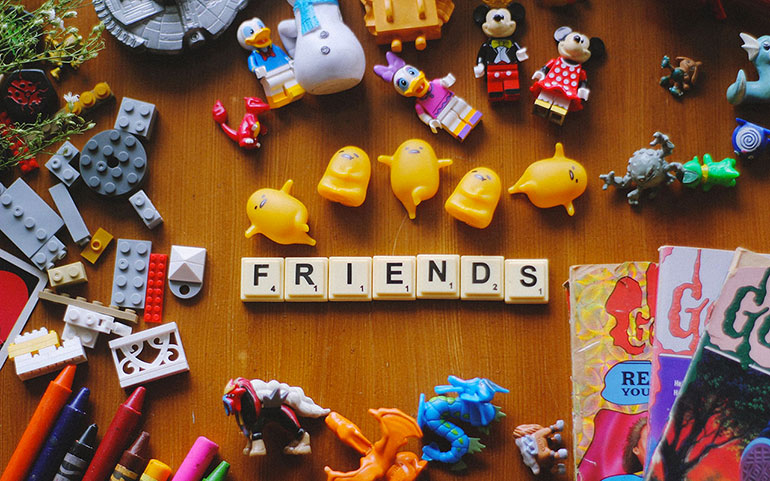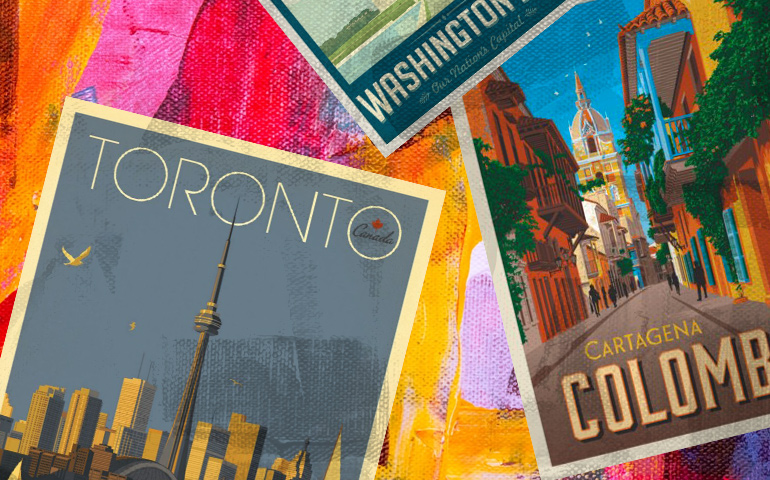First Impressions: Their Significance and Limitations
First impressions are the initial, mental image people form about someone within the first few seconds of meeting them and are based on various factors, such as appearance, behaviour, and tone of voice. They play an essential role in enabling quick decision-making, particularly in situations where a person needs to quickly evaluate the trustworthiness and compatibility of others. This ability to form instant judgments has evolutionary roots, as it was crucial for our ancestors to assess potential threats and allies within their environments.
In today’s world, first impressions are still very important. When I meet people, what I think of them is just as important as what they think of me, like in a job interview. Also, it can happen that other factors (internal or external) can affect how a first impression is given or received. When I think about first impressions, they are the crux in how relationships are built. Yet they don’t always show the complete story, as was the case with one of my friends who I met in grade nine.
For the first summer job that I applied for, I was eager to make a positive first impression. I scheduled the online interview in the morning and researched the company the night before so that I would have a better idea of what they do and what to ask. But when the day arrived, things didn’t go as planned. I had made a huge tactical blunder and scheduled the job interview before one of my final exams, which was in the afternoon. With the pressure of my upcoming exam, I was distracted and nervous. Even worse, I found that I had logged into my interview five minutes late because I underestimated the time that I needed to get up that morning and get ready. While my intentions were good, my execution fell short of the first impression I wanted to make.
Instead of appearing put together and keen, I gave the impression that I was a nervous wreck who had no sense of time. But surprisingly, the interview went well, and I felt more like myself as I engaged with the interviewer and answered their questions.
After the interview, I reflected on the first impression I made to the interviewer, and my heart sank with disappointment. I could not shake off this nagging feeling that I had blown my chance to make a positive first impression. The lessons I learned from this experience really shaped my future actions. Ultimately, to my relief, I did get the job as my interviewer saw past the not so great first impression I had created. I felt very fortunate. On the day of my job interview, personal challenges affected how I presented myself to the interviewer, potentially leading to misjudgments.
Over the years, I’ve gathered a series of tips that assist me in making a favorable first impression. These tips are paramount to me because first impressions heavily impact how people perceive me and interact with me. I want to ensure that I represent myself in a way that makes me feel good. For example, for job interviews, I dress professionally, arrive on time, stay authentic, ask relevant questions, and maintain eye contact.
It must also be said that my first impression of the interviewer is just as important. For example, during my inaugural job interview, the interviewer exuded warmth and expressed unequivocal confidence in my potential. This initial rapport not only fostered a harmonious working relationship but also underscored the lasting impact of such encounters on our subsequent collaborations. If I didn’t have a good feeling during the interview and was later offered the job, I might not take it because I would doubt whether working with the interviewer would be a good or even average experience.
While first impressions wield considerable influence over our perceptions during preliminary encounters, they can, at times, be misleading or can oversimplify complex personalities. First impressions can also be positively or negatively influenced by internal factors, such as a person’s mental state, or external factors, such as the weather. For example, in the interview, I was so distracted by the mistakes that I made, I wasn’t in the best head space. But luckily, I felt more at ease as the interview progressed and had my interviewer not seen past my mistakes, I’d not be working with her now. Similarly, my premature assessment of an acquaintance, who eventually became a cherished friend, was initially misguided.
On the first day of ninth grade, there was a student who arrived to class late. He looked disheveled in his uniform and had messy long hair. Over the first few weeks of school, his lack of participation in class made him appear unconfident. I hastily drew conclusions about him that September and was convinced that we were too different to form any sort of friendship. But over time, my initial perceptions of him changed. Half way through the first term, we were paired up for a class project, and I got to know him beyond the surface. He has a brilliant sense of humor and is quite intelligent with a level of compassion that I had not anticipated. His messy hair is a symbol of his creativity and free spirit, and his silence in class is a reflection of his thoughtful nature. Before I knew it, this classmate who I had initially dismissed, became my best friend, and three years later, I can’t imagine doing anything without him.
My take on first impressions is that they play a pivotal role in helping me decide on whether to get to know others better or to gloss over them.
Also, I often choose the way I present myself so that I make good first impressions on others and that others will want to know me better. However, initial impressions can sometimes be misleading, as they don’t always capture the full complexity of someone’s character. It’s essential for me to stay adaptable and open to revising these judgments as I learn more about the person over time. I know if I solely relied on first impressions, then I would’ve missed out on meeting one of the best people I know. So, using them judiciously is always a good idea.




